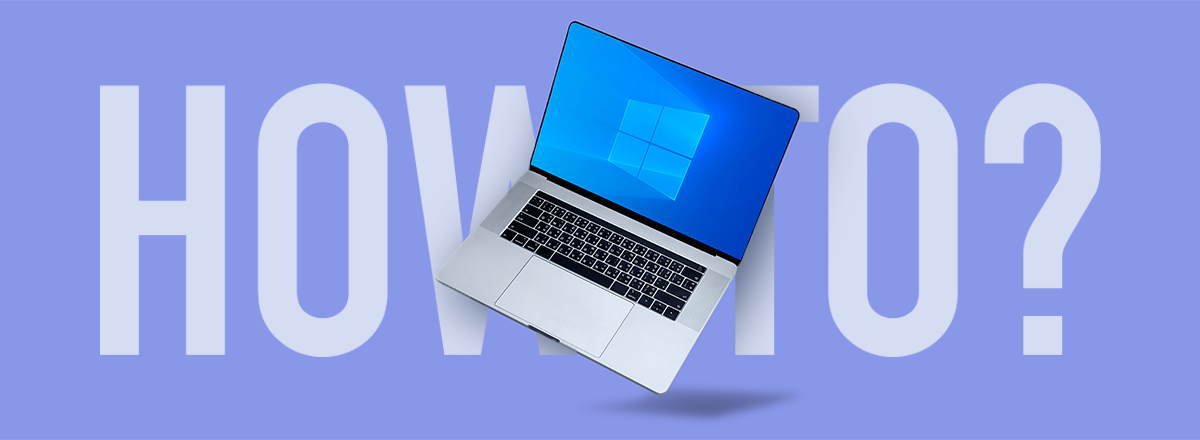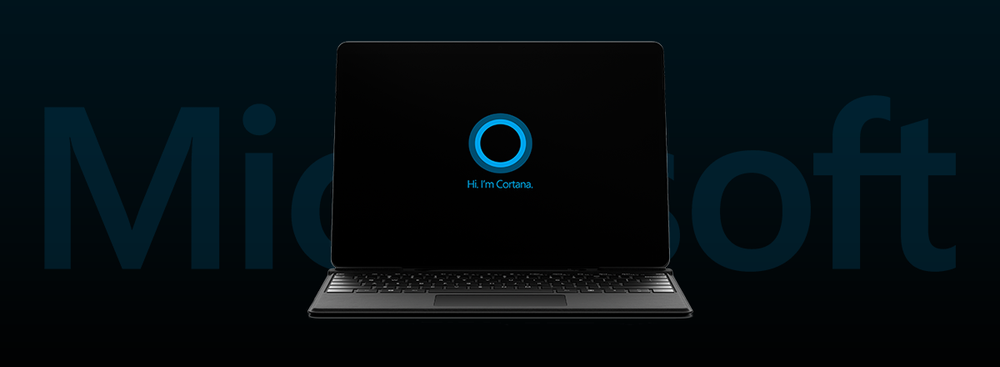In a significant shift in its AI strategy, Microsoft has declared that it will cease support for Cortana, its virtual assistant on Windows. The move represents a pivotal change in the tech giant's approach to artificial intelligence and voice-activated services.
Cortana, Microsoft's answer to voice assistants like Siri and Alexa, has been a long-standing feature of the Windows operating system. Its primary role has been to aid users with tasks like setting reminders, making notes, searching the web, and controlling various system settings through voice commands.
However, Microsoft has decided to realign its AI strategy, focusing more on productivity and cloud-based AI solutions for businesses, thus leading to Cortana's retirement from the Windows ecosystem. This shift reflects Microsoft's intent to concentrate more on its robust suite of productivity tools, rather than compete in the crowded field of consumer virtual assistants.

It's important to note that the Cortana mobile apps and the Cortana service on the Harman Kardon Invoke speaker were previously discontinued in 2020. Microsoft has also removed Cortana from the Xbox platform and moved its productivity features into Microsoft 365. Terminating Cortana support on Windows is the final step in the phase-out of the standalone Cortana service.
This change might require adjustments for users who rely on Cortana for various tasks on their Windows machines. However, Microsoft has ensured that its digital assistant's departure won't leave users in the lurch. The company has incorporated many of Cortana's most popular features into its other productivity tools and services, ensuring users can continue to benefit from these functionalities.
It's worth mentioning that this does not mean the end of voice assistant technology within Windows. Microsoft has stated that it will continue to explore opportunities to leverage voice technologies in the future. Whether that's through enhancing existing features or introducing new voice-activated capabilities remains to be seen.
In conclusion, while Cortana's time as a standalone virtual assistant on Windows is approaching, Microsoft's commitment to integrating AI into its productivity tools remains steadfast. This strategic shift aligns with the company's vision to streamline its focus and resources toward creating a more efficient, productive, and AI-driven digital workspace. As we look to the future, it will be interesting to see how Microsoft continues to evolve its AI strategy.














